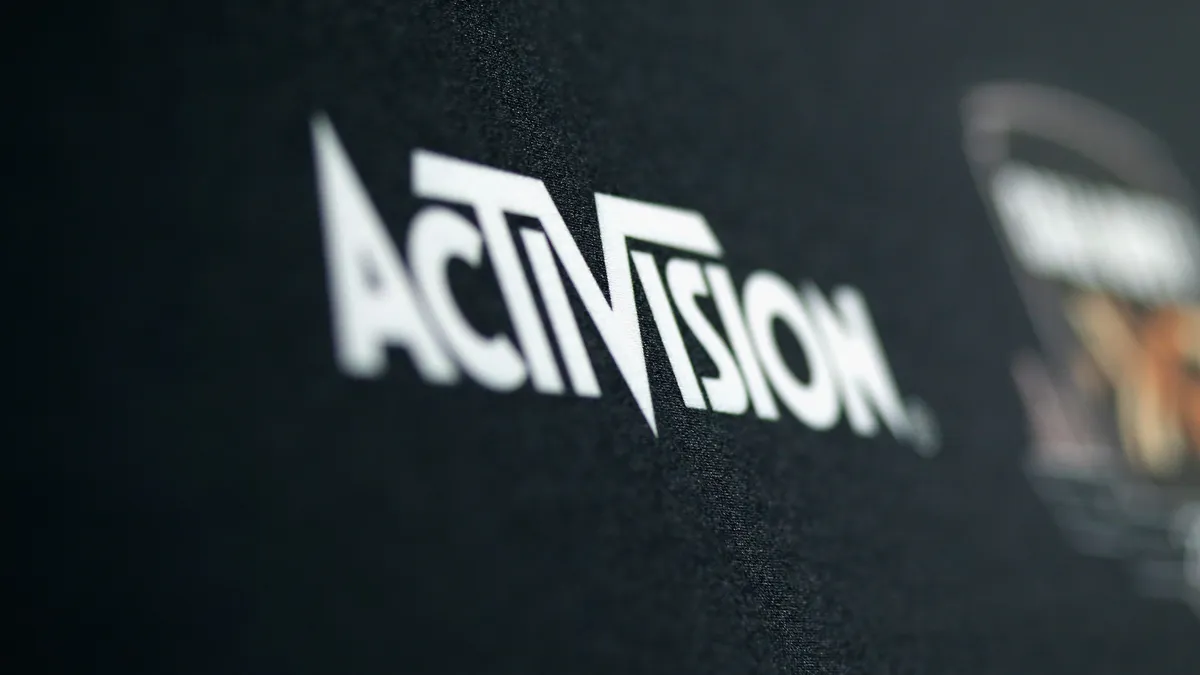Dive Brief:
- Software giant Microsoft hit a roadblock in its effort to acquire gaming giant Activision Blizzard when the United Kingdom’s Competition and Markets Authority (CMA) rejected the deal on the grounds it would reduce innovation and consumer choice in the country’s fast-growing cloud gaming market.
- “Microsoft already enjoys a powerful position and head start over other competitors in cloud gaming and this deal would strengthen that advantage, giving it the ability to undermine new and innovative competitors,” Martin Coleman, chair of the CMA panel that looked at the deal, said in a statement.
- The $75 billion deal would be the biggest consumer technology acquisition since AOL bought Time Warner for $182 billion in 2000.
Dive Insight:
Although the decision is limited to Microsoft’s efforts in the UK, it’s a blow to its plans in the United States.
The Federal Trade Commission sued Microsoft late last year to stop the deal, saying it would give the company too much control over the gaming console market by restricting consumers’ ability to play Activision’s hit games like Call of Duty and World of Warcraft on devices other than Xbox.
Among the companies that stand to lose is Sony, whose PlayStation console competes with Xbox.
“With control over Activision’s blockbuster franchises, Microsoft would have both the means and motive to harm competition by manipulating Activision’s pricing, degrading Activision’s game quality or player experience on rival consoles and gaming services, changing the terms and timing of access to Activision’s content, or withholding content from competitors entirely,” the FTC said last year.
Overseas strategy
To the extent Microsoft was hoping to buttress its defense against the FTC by seeking antitrust approval first by the UK and, later, the European Union, that strategy has started to fall apart with the CMA’s rejection of the deal.
“Microsoft had hoped to undercut a challenge to the deal by the F.T.C. chair, Lina Khan, by reaching settlements with the British regulator and its counterpart in the European Union,” The New York Times reported.
The EU is expected to look at the deal by May 22.
Although decisions by the UK and EU don’t impact what the company can do in the United States, if they both end up rejecting the deal, that can make it harder for Microsoft to make its case before the FTC.
“Global deals typically need the endorsement of the world’s biggest regulators to move ahead,” The Wall Street Journal reported.
Microsoft tried to save the deal in the UK by promising not to restrict Call of Duty, Activision’s biggest game, to the Xbox and guaranteeing access to the game on other consoles, among other things.
But those concessions weren’t enough, in part because the CMA, after reviewing the deal, expressed more concern over the small but growing cloud market than the traditional console market that dominates today but might not in the future.
What’s more, the concessions would have required regulatory oversight for a decade to ensure the promises were being carried out, an approach that the CMA said is antithetical to free competition.
“By contrast,” the CMA said, “preventing the merger would effectively allow market forces to continue to operate and shape the development of cloud gaming without this regulatory intervention.”
The one big change the CMA wanted Microsoft to take, divesting the Call of Duty franchise, the company wouldn’t do.
Microsoft said it would appeal.
“This decision appears to reflect a flawed understanding of this market and the way the relevant cloud technology actually works,” said Brad Smith, Microsoft vice chair and president.
The FTC is expected to hold an administrative hearing on the deal in August.











